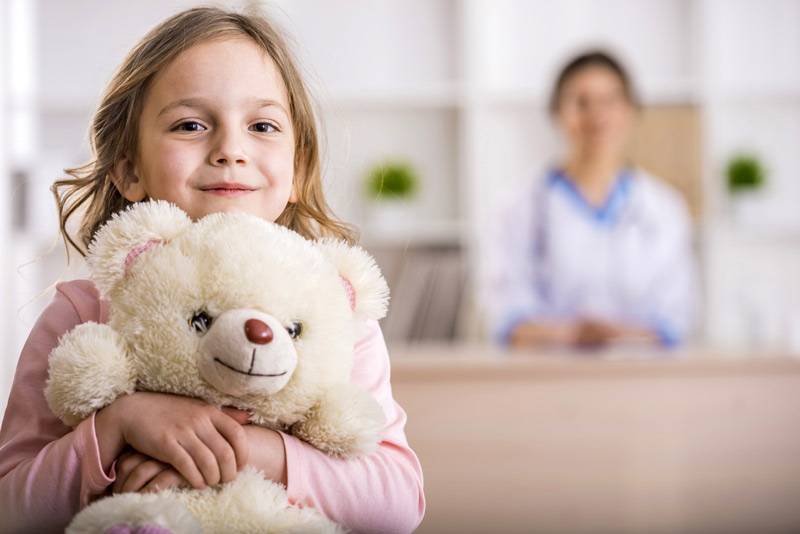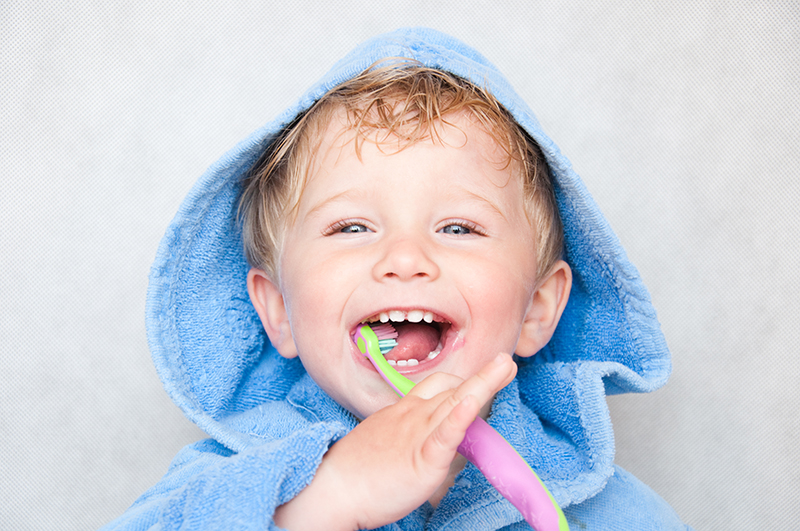AT THE RECOVERY ROOM
DISORIENTATION AND ANXIETY
Most children will feel disoriented when they wake up from a general anaesthetic (GA). About 12-13% of children may develop a more severe dissociated state of consciousness. A child may be very irritable, uncooperative, inconsolable, and not able to recognize familiar people or objects. This condition is usually self-limiting and can last for 15 minutes or longer. It is usually quite distressing for parents to witness these unusual behaviours. If necessary, the anaesthetist may prescribe some medication to help calm your child.
VOMITING
It is very common for children to vomit at the time of recovery due to swallowed blood or the effect of anaesthetic. If there is excessive vomiting, some medication will be given to your child.
REMOVAL OF IV CANNULA
This can cause some distress to your child, please support your child with lots of tender loving care.



FOR THE NEXT 24 HOURS
FOR THE NEXT FEW WEEKS
If you have any concerns about your child’s dental treatment and would like to see our dentist, please do not hesitate to contact our office for assistance.
Tel: 9372 8960 This is a fee-free service valid for 6 weeks after treatment today.



LONGEVITY OF DENTAL TREATMENT
FOR PATIENTS THAT REQUIRE A SPACE MAINTAINER
An impression was taken at the time of your child’s general anaesthetic, which will be sent to the dental laboratory to fabricate the space maintainer. You will need to return to the clinic in around 2 weeks time to have the space maintainer inserted. In some cases, the teeth have moved and it may not fit – if this occurs we will take a new impression on the day. The space maintainer will need to be inserted in the dental chair, which requires good cooperation and acceptance from the patient. If we are unable to insert the space maintainer due to patient’s resistance, we cannot offer a refund.
PREVENTATIVE CARE
PAYMENT AND RECEIPT
Thank you for your prepayment of the treatment plan. Any outstanding balance of the changed/ additional treatment performed today will be advised on the next business day when Kiddies Dental Care team completes our review call and payment of this amount is required at this time.
When the funds for dental treatment are received IN FULL, a receipt will be emailed to you. The hospital and anaesthetist will give you receipts separate to our receipt.
PROBLEMS
If you are concerned please contact us on 9372 8960 or the dentist’s pager service 03 7066 5406 (emergency only). Regards from, Kiddies Dental Care Team

